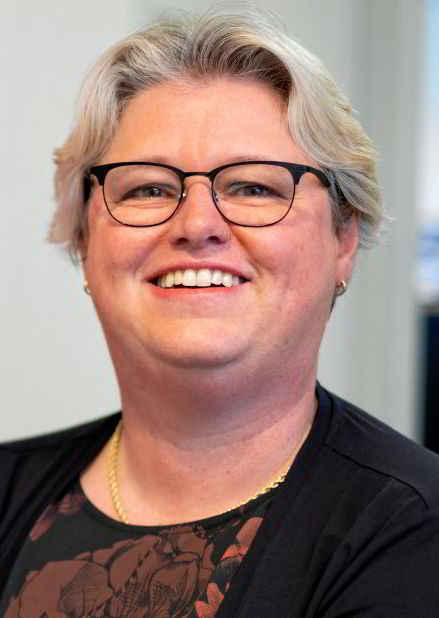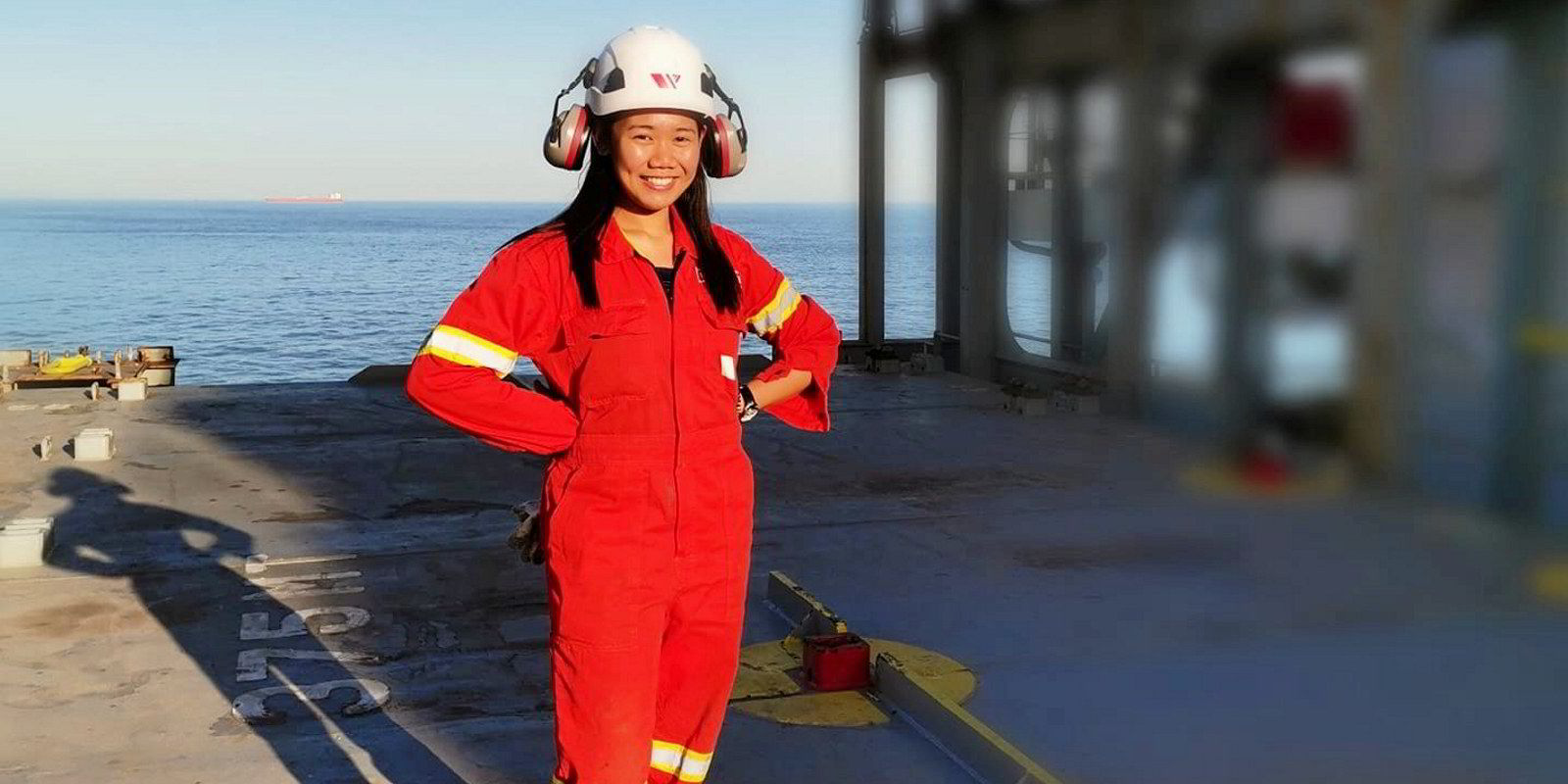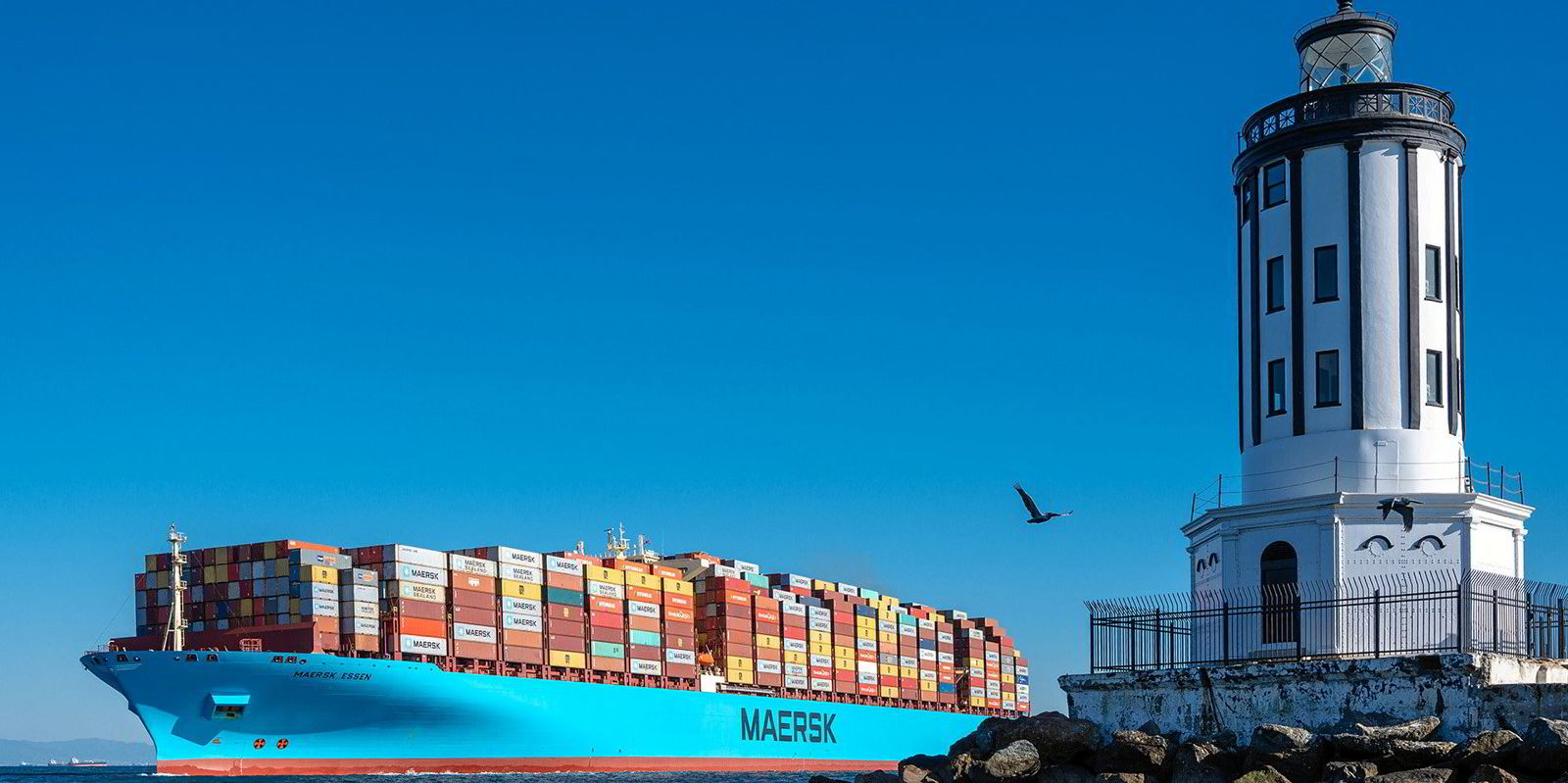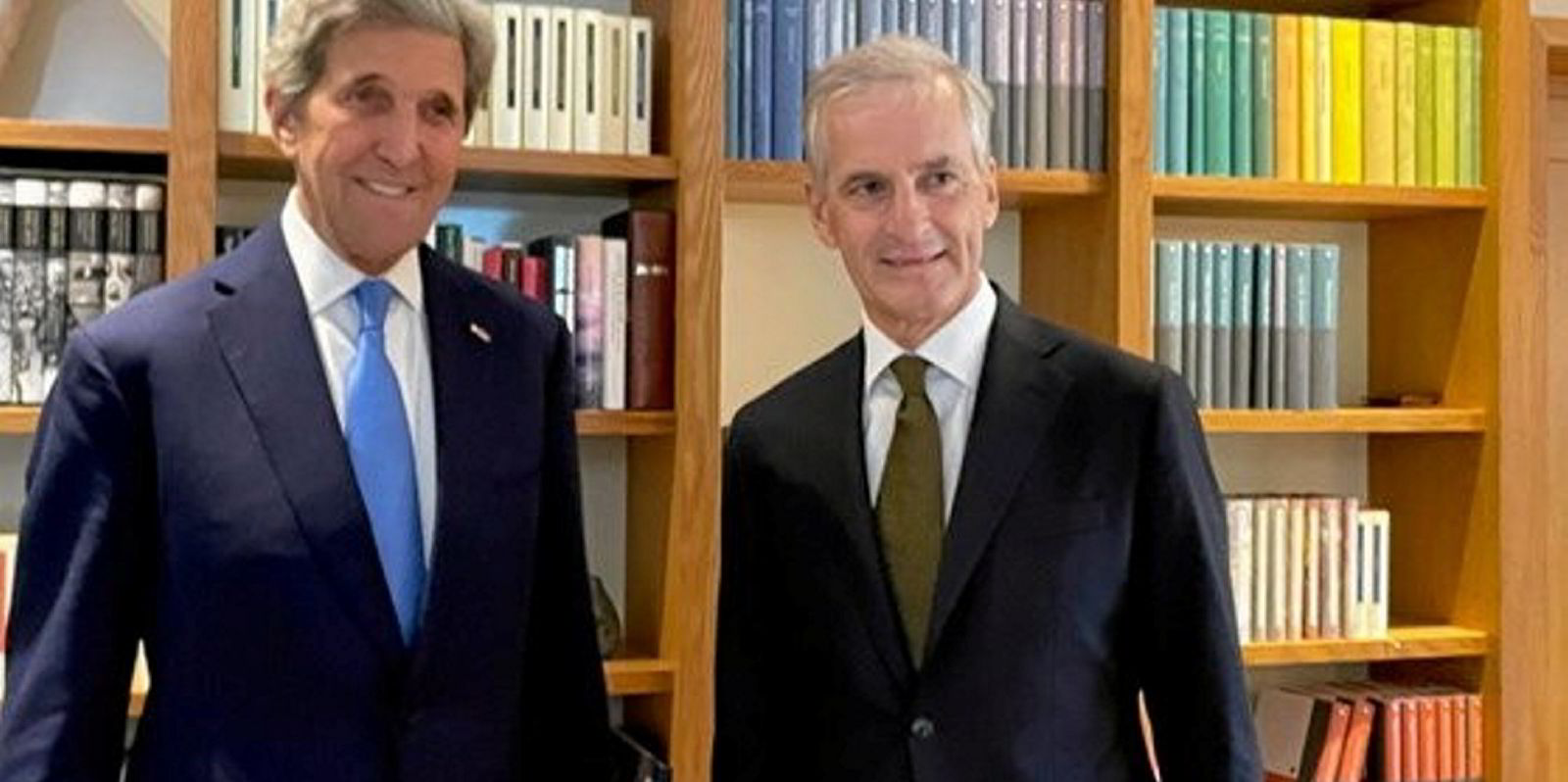Up to 800,000 seafarers will require training by the mid-2030s to handle alternative fuels that can reach shipping’s decarbonisation goals, according to plans launched at COP27.
The Maritime Just Transition Task Force, involving shipowners, unions and the United Nations, has set out a 10-point action plan highlighting the additional training needed to handle new green fuels up to 2050.
The report, launched at the climate change talks in Egypt, stresses an immediate need to start setting up the training infrastructure to ensure hundreds of thousands of the world’s nearly 2m seafarers are upskilled.
The action plan is contained in the paper Mapping a Maritime Just Transition for Seafarers jointly prepared by task force members of the International Chamber of Shipping (ICS), International Transport Workers’ Federation (ITF) and UN Global Compact.
The report warned: “A lack of clarity surrounding the viability and uptake of alternative fuel technologies and decarbonisation trajectories, coupled with uncertainty surrounding regulatory developments and financing, is making it difficult to plan for the further training of the maritime workforce.”
It recommended strengthening global training standards, ensuring a “health and safety first” approach and establishing advisory national maritime skills councils.
Safety challenges related to alternative fuels were highlighted, including likely fuels that can variously require pressurised storage, have a low flashpoint or are extremely toxic.
Increased investment in training centres and up-to-date equipment are needed and there is a lack of competent trainers and a shortage of experienced seafarers, it added.
Specific training and familiarisation on board, and likely updating of skills, will be an important part of future training models to ensure seafarers are competent to transition to using new technologies and fuels safely, the report concluded.
“Attracting and retaining seafarers is a problem in the maritime industry and poses a significant challenge to ensuring that there are sufficient competent seafarers to support shipping’s green transition,” it added.
Three emission reduction scenarios were evaluated separately by DNV and by Lloyd’s Register with the University Maritime Advisory Services (UMAS).
All showed the number of seafarers requiring extra training rising steeply from the 2020s until 2050.
In a “decarbonisation by 2050” scenario modelled by DNV, 750,000 seafarers would require additional training to handle alternative fuels and technologies by 2050.
And in a “zero carbon by 2050” scenario modelled by Lloyd’s Register and UMAS, 450,000 seafarers would require some extra training by 2030, with the number rising to 800,000 by the mid-2030s.

The number of seafarers expected to work on ships fuelled by LNG and LPG would increase by about 100,000 every second year until 2038, the agencies said.
Third officer Cleo Bierneza from the Philippines said: “As seafarers, we see climate change happening. Some voyages get very hot nowadays for crew on board, and in some places of the world the weather will change extremely, without warning. It didn’t use to be like that.”
She would like to see the maritime industry cut carbon emissions and make seafaring a better job, hopefully also increasing the number of women involved.
MF Shipping chief executive Karin Orsel said shipowners and operators must recognise they cannot achieve a green transition without seafarers.
“Shipping has an opportunity to be a leader in the creation of a just green transition, in which we invest in the training and upskilling of our workforce, create decent job opportunities for all, not just for the few, raise work standards, tackle safety concerns and ensure diversity issues are addressed,” she said.
ITF general secretary Stephen Cotton said crews want to know that training pathways have been established and the fuels they are handling are safe.
“The good news is that seafarers are prepared and willing to be part of this transition,” he said.
ICS secretary general Guy Platten stressed the urgent need to start setting up the training infrastructure to prepare the seafaring workforce in developed and developing countries.
“This should be done as of today, so they are ready and able to meet the challenges that new green fuels and propulsion technologies will pose, and mitigate any potential health and safety risks for ships, communities, the environment and seafarers,” he said.
Read more
- Shipping’s new-fuels policy puts carbon credibility on the line, says report
- Green shipping corridors get big push at COP27 talks
- Panama, Norway and Uruguay join clean marine fuel hubs initiative
- Norwegian shipping sets sights on 50% cut in emissions by 2030
- COP27 carbon ambitions seem a long way from Bristol docks






